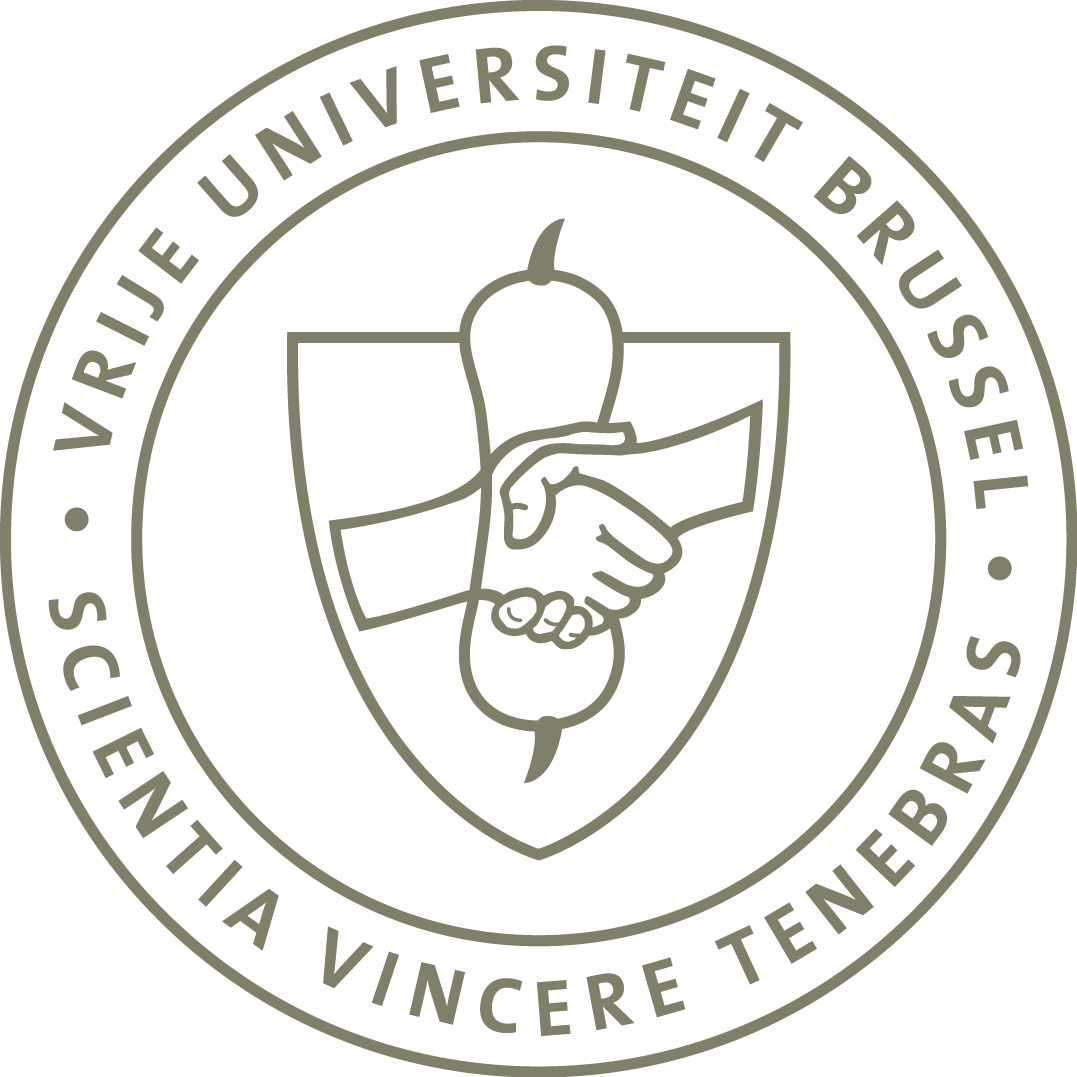|
Tetra project 150131
met de steun van het
 |
Programma
The main objectives of the LBATTS project can be summarized as follows:
The main objective of the project is the development of knowledge tools, including the development of the dissemination of application specific information. The developed tools will help the Flemish SMEs that are active in the value chain of environmentally friendly vehicles and rechargeable energy storage systems, in finding the required technical knowledge for specific applications.
The objectives of the project are generally in line with the short and long term objectives of the Flemish companies. By developing knowledge, these companies will create a competitive position in the future energy market. Furthermore, the Flemish SMEs will be able to assist major OEMs in Flanders which will strengthen the relations between the both actors.
A second objective is that VUB, UGent and KULeuven will be able to assist more Flemish industries in the search for specific solutions where both cost and weight are important in the considered application.
The knowledge that will be generated as part of this project will additionally provide key information helping the applicants to position themselves as a center of expertise in Flanders. These objectives are also in line with the long term goals of the research-group MOBI at VUB, as described in the SBO (IWT 639: BATTLE: Battery Modelling of lithium chemistries Based on an Eclectic Approach) and the activities of MOBI under Industrial Research Fund, and with the activities of the INDI department specifically geared towards sustainability, among them the research labs of the EMOVO project (supported by the European Regional Development Fund). This also fits the objective of the Electronic Engineering research group at VUB orienting their applications around smart embedded systems towards sustainability objectives. The acquired knowledge will be made available to the SMEs in an accessible way through optimized software and hardware systems.
A third objective is related to our vision to build sustainability as a priority in our education. The project is also a catalyst for several master's theses it will serve as a basis for new laboratory setups and deliver practical cases that can be used in the curriculum.
In consultation with the members of the user committee the following quantitative targets were expressed;
- cost reduction of the battery system by 20% compared to the commercial systems,
- reduction of the total weight of the system by 25% compared to the commercial systems,
- increase in battery performance,
- higher energy and power densities at system level,
- complexity reduction of the overall battery system,
- overview of the characteristics of rechargeable energy storage systems,
- techno-economic analysis of the replacement of non-lithium ion batteries by Li-ion technology.
To achieve the objectives defined above, the following research groups will join forces to offer an answer and a solution:
- The multidisciplinary research group MOBI (mobi.vub.ac.be) of the Vrije Universiteit Brussel is actively involved in the characterization and modeling of batteries, optimization of control strategies and optimization of necessary software tools and hardware for intended applications.
- The research group Technical Thermodynamics and Heat Transfer (ATHT) within the Department of Fluid Mechanics, Heat and Combustion (www.floheacom.ugent.be) at Ghent University makes their expertise in the field of thermal systems and heat transfer available.
- The research group E&A of KU Leuven Ghent campus will contribute with its expertise in the construction and monitoring of hybrid energy systems. For example, a number of prototypes that have extensively been tested with lead acid batteries will be converted to lithium technology and will be deployed, monitored and compared with their original performance.

|







